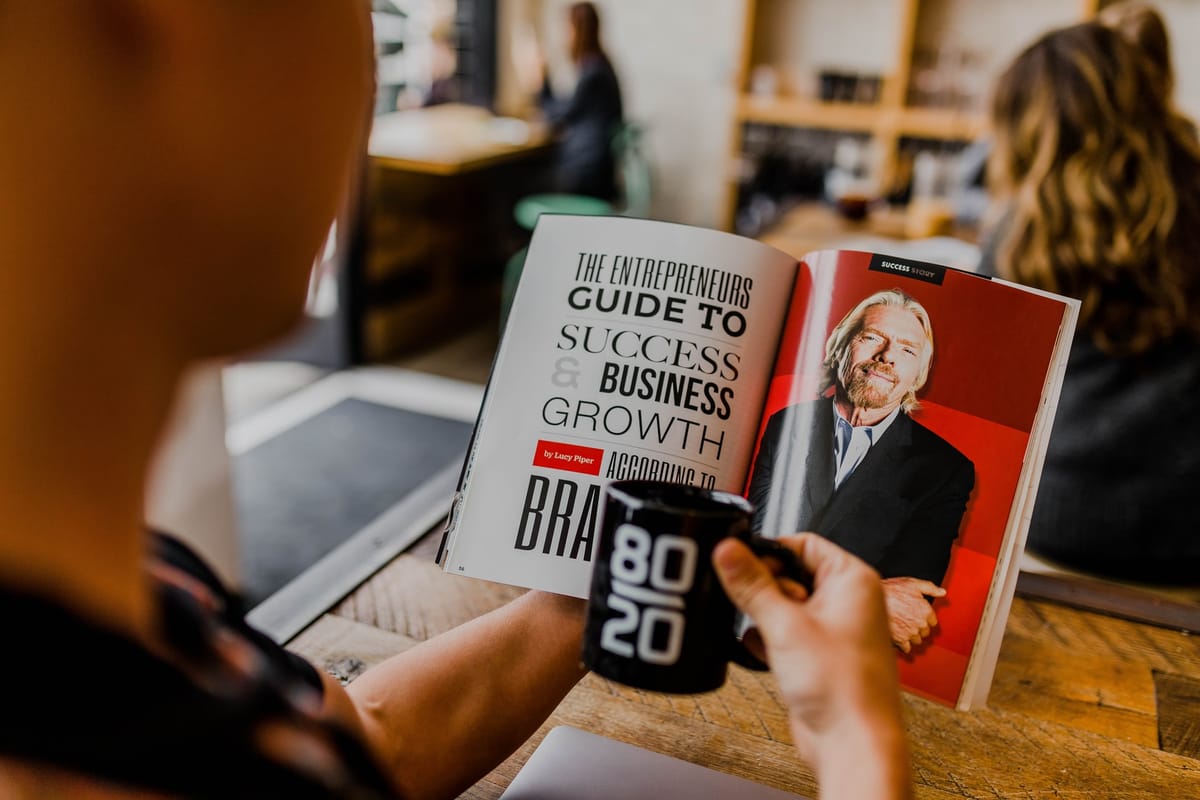5 Mental Models For Founders to Succeed Without Doing Any Real Work
These proven mental models will help you succeed without doing any actual, meaningful work.

Being a startup founder is difficult. From putting on different hats, dealing with payrolls, and tweeting truism thought-leadership tweets, it's almost impossible for a founder to distance themselves from real work to take a step back and look at the big picture and build a strategic, long-term vision.
Just like how ordinary people—looking at you, journalists—find the concept of exponential growth hard to grasp and non-intuitive, so is the idea of not doing actual work. It does seem counterintuitive at first, but it will make you a better founder/CEO/creator/builder/thought leader in the long run.
Luckily, these five mental models will help you get off the detrimental habit of doing actual work.
1. Instinctual Decision
Instinct is underrated. Instead of digging into data or listening to your team members, make decisions only based on your hunch. As a founder, you have the unique vantage point of everything happening in your company. This way, you can get results immediately while avoiding actual work such as communicating with the team. Bonus: fewer meetings!
Pro tip: When communicating your decision to your team members, don't forget to use some keywords like "I feel like..", "It just makes sense to me if we..", or "Let's simply...". This will increase your team's faith in your judgment.
2. Second-Hand Wisdoms
When you read enough about successful public figures, their pearls of wisdom will inevitably become yours. Fill up your brain with knowledge about wealthy businessmen like Jeff Bezos, Charlie Munger, and Ray Dalio by devouring resources such as books, blog posts, and VC tweetstorms about these multi-billionaires.
Block your calendar for a 90 minutes "Thinking Time" everyday and contemplate: what would these magnificent leaders do if they're in your position? Do not worry about context, different growth stages, or things like that. Second-Hand Wisdom is universal and can be applied anytime, anywhere.
Don't forget to share the new ideas fostered from your Thinking Time during the company all-hands meeting. This will motivate your employees to work even harder. You can also tweet out your learnings and share them with the world! Again, no real work involved here.
3.Experience Application
Take a challenge that you've successfully overcome in the past, and apply the learnings to the present problem, no matter the context. Facing a customer retention problem? Recall your early days of hustling and eating three packs of ramen a day, crystalize it into two or three anecdotes, and apply the vague learnings to the current challenge.
Boom, problem solved. You, the founder, just saved the day. It doesn't have to make sense; it only needs to sound good.
4. Hypothetical Perspective
Talking to customers is real work. However, we don't want it getting in the way of valuable mental clarity, don't we? Instead, hypothesize a person's perspective by—it's surprisingly simple—putting yourself in their shoes. Easy, right?
To practice this, try asking yourself "What do our customers really, really want?" in front of the mirror six to seven times a day, and sketch out a massive customer persona chart as a supplemental tool. Preferably with red strings connecting each persona's boxes.
By understanding this mental model, you're saving your time from buzzwords like customer interviews or customer research. Remember: It's all about moving fast and breaking things.
5. Rapid Adaptability
To succeed is to adapt rapidly. Instead of wasting time thinking about trade-offs, quality of work, brand consistency, and all other simpleton's shenanigans used by lifestyle businesses, always try to get your feel on what's trending right now and drive your company right into it
Remember: long-term planning, product consistency, and common sense are the obstacles that prevent high-performing founders from innovating and disrupting the market.
These are the five mental models that will absolutely help you achieve your potential as a startup founder and create a long-term plan for your startup without doing any meaningful work.
We also recommend founders to take a month sabbatical to a tropical island in order to internalize it.
